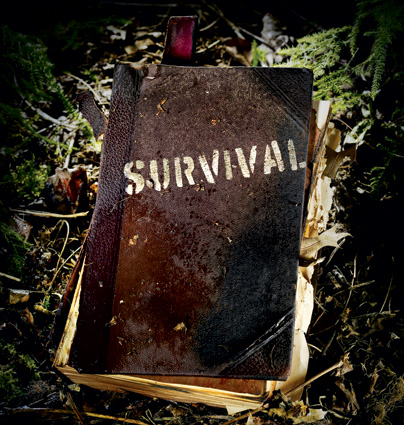Last year I wrote about how boredom is one of the most dangerous things an addict can encounter. It’s equally true for someone with OCD.
Mood music:
The mood music today is especially fitting for the topic. Like the addict who is bored, the OCD case who is bored gets an itch and restlessness that causes you to search and destroy.
I’m a street walking cheetah
with a heart full of napalm
I’m a runaway son of the nuclear A-bomb
I am a world’s forgotten boy
The one who searches and destroys
The opening lyrics apply. For the OCD sufferer, the heart full of napalm is the uneasy, anxious feeling that comes over you in the absence of activity. It makes you search and destroy — in my case, I search for things to worry about. The root of the problem is an OCD sufferer’s inability to live in the present.
This shouldn’t surprise readers of this blog. I’ve described it before. OCD is very much about worry spinning out of control. If it’s something routine, like sending an editor a flawless story, it’ll eat away at a lot of precious time. I used to write a story, read it back aloud, polish it, read it aloud again, then I’d still be afraid to file it for fear that it wasn’t absolutely perfect. I got home late many nights and lost a lot of sleep because of it.
When it was about health, I’d make myself sick for real by fixating too hard on what MIGHT happen. That’s when the anxiety attacks would come. In 1991, after a colonoscopy to monitor the Crohn’s Disease, I was informed that my colon was covered with hundreds of polyps — more scar tissue than polyps, but something that had to be kept an eye on. I was advised to get a colonoscopy every year to ensure it didn’t morph into colon cancer unnoticed. Good advice. So I let more than eight years pass before a bout of bleeding forced me to get one. Until then, I wasted a lot of time in fear that every stomach cramp, however small, was colon cancer. I’d spin it in my head repeatedly, rationalizing why I shouldn’t get the test. Just following doctor’s orders in the first place would have saved me a lot of over-thinking. That was clear when I had the test and found out everything was fine.
I can remember being a kid, always daydreaming about the future: what I’d look like and how cool my life would be if I were thinner, the clothes I would wear, the girls I would date and the music I would write.
As I sat in my basement pondering such greatness, I’d be binge eating, drinking and smoking and wasting the moment.
I’ve spent too much time thinking about plenty of other things. It ages you.
Boredom is a major troublemaker because left with nothing to do, you start thinking about everything that can possibly go wrong with your life. I would get into the negative thinking described above during the busiest of times. You can imagine, then, what happens inside my head when I’m bored.
It leads to the addictive behavior I described in “Boredom: An Addicts Worst Friend.”
I’m better at living in the present than I used to be. But I still make sure I’m busy at all times. The alternative ain’t pretty..
Besides, there’s joy to be had in the kind of tired you feel after a day lived well.












